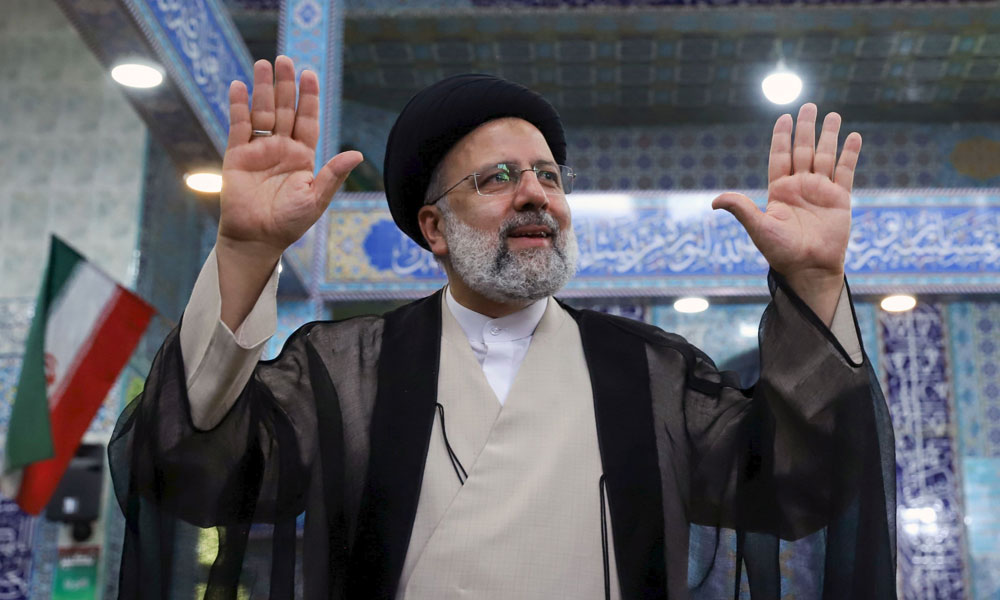TEHRAN: The Iranian president on Monday said reviving a 2015 deal with world powers will be pointless unless the UN nuclear watchdog puts an end to its probe of undeclared sites in the country. Ebrahim Raisi's comments came as Tehran reviews the US response to its suggestions on a "final" text put forward by the EU to salvage the landmark deal. The United States had remained adamant that Tehran cooperate with the International Atomic Energy Agency to clear up suspicions about earlier work at three undeclared sites.
"In the negotiations, safeguard issues are one of the fundamental ones. All of the safeguard issues must be resolved," Raisi told reporters at a press conference in the capital Tehran. "Without resolving the safeguard issues, talking about the agreement is meaningless," he added. Iran has repeatedly urged the IAEA to end the issue before any revived deal is implemented but US State Department spokesman Vedant Patel on Thursday said "we do not believe there should be any conditionality" between that issue and the JCPOA, as the deal is known.
Patel called on Iran to answer the IAEA's questions about the three sites. In June, the IAEA's board of governors adopted a resolution censuring Iran for failing to adequately explain the previous discovery of traces of enriched uranium at three sites not declared by Tehran as having hosted nuclear activities. The agreement between Iran and six world powers -- Britain, China, France, Germany, Russia and the United States -- gave the Islamic republic sanctions relief in exchange for curbs on its nuclear program.
Since taking office in 2021, President Joe Biden has sought to return the US to the deal unilaterally abandoned by his predecessor Donald Trump in 2018. The Vienna talks, which began in April last year, aim to return the US to the nuclear pact, including through the lifting of sanctions on Iran, to return Tehran to full compliance with its commitments. The indirect negotiations between Tehran and Washington have so far been carried out through the mediation of the European Union. The 2015 deal, known formally as the Joint Comprehensive Plan of Action or JCPOA, aimed to prevent Iran from developing a nuclear weapon -- something it has always denied wanting to do. "Nuclear weapons have no place in our defense doctrine," Raisi reiterated on Monday.



